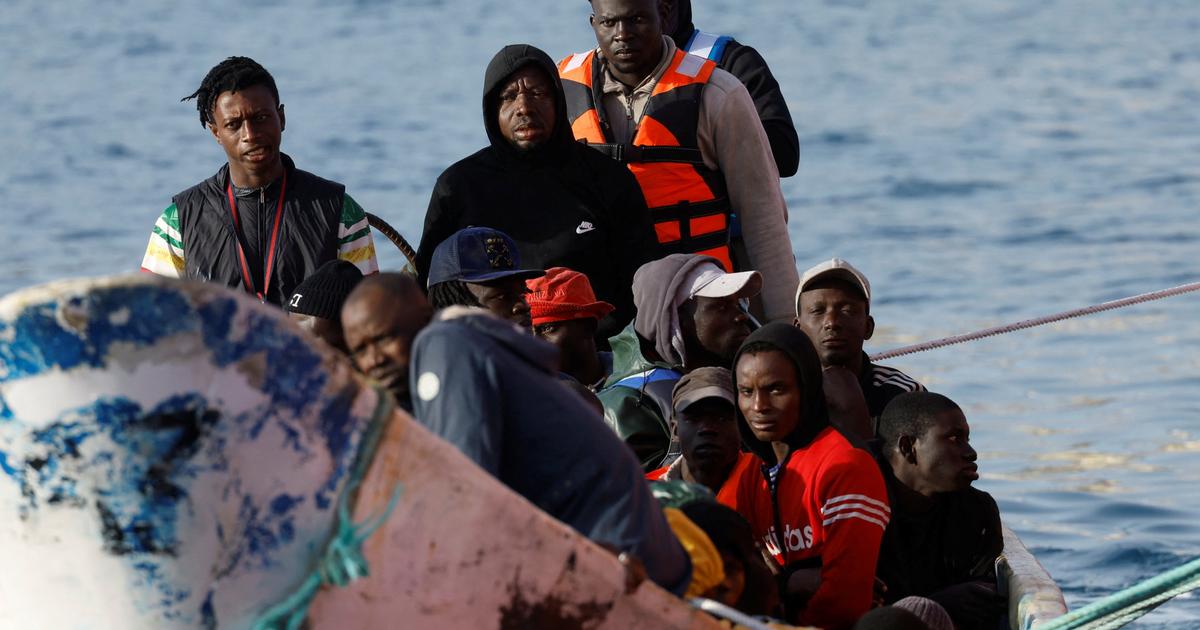Officers of the Federal Police stand at the german-Polish border crossing Stadtbrücke in Frankfurt (Oder) when entering Germany. © Patrick Pleul/dpa
Will there soon be border controls in Germany again? Two CDU interior ministers can imagine this "in the short term" – and are putting pressure on Interior Minister Faeser.
Luxembourg/Munich – Overall, the CDU/CSU is quite positive about the results of the EU asylum summit. "We as the EPP group are relatively satisfied, you can work with that," EU migration politician Lena Düpont told our editorial team. The conservative EPP group, to which the CDU/CSU also belongs, had been pushing for years for concrete legal bases for European migration. A first step has now been taken. In essence, stricter border procedures and more solidarity in the distribution of refugees. But after the agreement on new EU asylum rules, the interior ministers of CDU-led federal states are insisting on controls at the German border.
Border? CDU wants "temporary situation-dependent EU internal border controls"
Saxony's CDU Interior Minister Armin Schuster rushed ahead with the proposal of border controls. "These have a short-term effect and can also be discontinued at short notice if the EU asylum compromise takes effect," Schuster told the Bild newspaper. "Due to the current high migratory pressure, there is still a need for temporary situation-dependent EU internal border controls, including at the border with Poland." Schuster is not alone in this proposal.
Hesse's Interior Minister Peter Beuth (CDU) said the federal government had "failed at the EU level to alleviate the illegal migration pressure through effective European agreements." Federal Interior Minister Nancy Faeser (SPD) should "no longer close herself off to the demands for situational border controls."
Since the refugee crisis of 2015, there have already been border controls with Austria to prevent migrants from neighbouring countries from continuing their journey to Germany. At the refugee summit on 10 May, the federal government had promised with the states that they would also be introduced to other neighbouring countries "depending on the situation".
On Thursday evening, after difficult negotiations in Luxembourg, the majority of EU interior ministers agreed to a compromise to end the long-standing asylum dispute. For the first time, this provides for asylum procedures at the EU's external borders, but also for the distribution of migrants among the EU states. Countries that refuse to accept migrants will have to pay a penalty payment of 20,000 euros for each migrant into a fund managed by Brussels. This rule is aimed primarily at Poland and Hungary, which were the only EU states to reject the compromise.
Expansion of safe third countries: Greens criticise "great tragedy"
CDU General Secretary Mario Czaja called the compromise a "first important step to limit illegal immigration into the European Union." But that's not all, Czaja told the newspapers of Mediengruppe Bayern and called on the federal government to take further steps to limit illegal migration. As an example, he cited the expansion of so-called safe countries of origin.
There is still no European list of which states are considered "safe". According to EU plans, however, an expansion is being considered. In other words, in the future it will be easier to classify third countries as safe and to turn people away from them. This is particularly bothering for the Greens. In an interview with our editorial team, the Green EU migration politician speaks of a "great tragedy". The EU plans would lead to a worsening of the situation at the EU's external borders.
The head of the Green Youth, Timon Dzienus, also holds the traffic light and his own government responsible: "These decisions are unworthy and shameful of an SPD-led and Green-supported government," says Dzienus in response to an IPPEN request. "The traffic light coalition is failing because of its own aspirations. It had set itself the goal of ending the suffering at Europe's external borders. Now there will be more chaos, more violence and more suffering. Not a single life of people on the move will be improved." The Greens reject border controls – and threaten to tear themselves apart within the party on the migration issue. (as with AFP)









